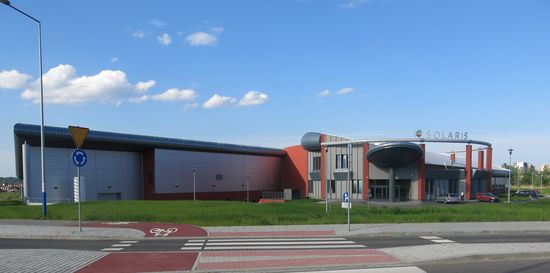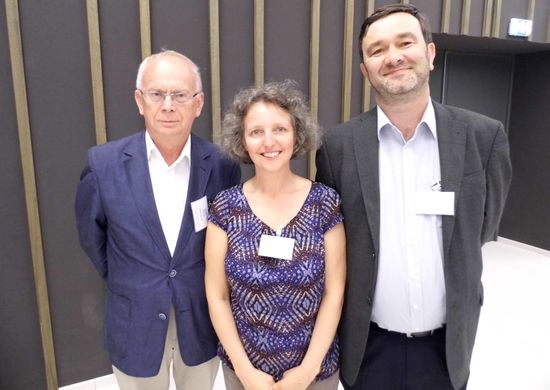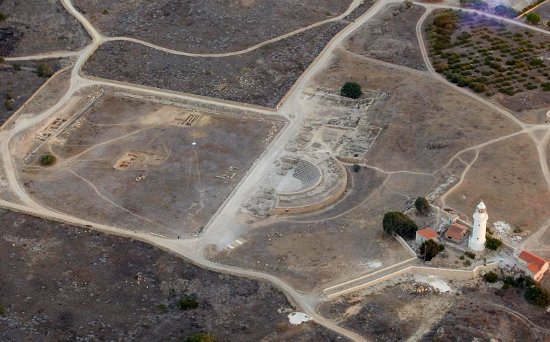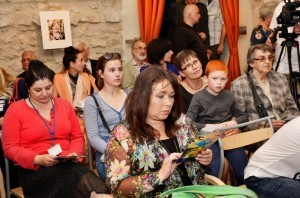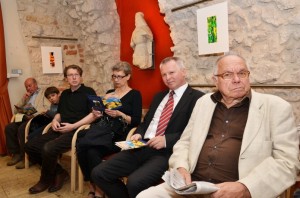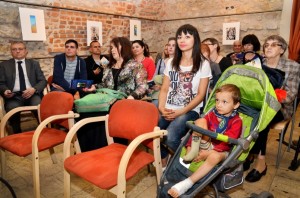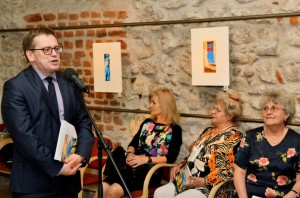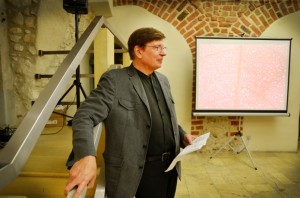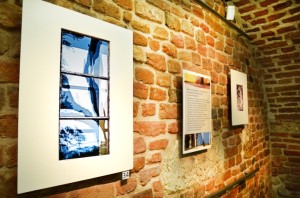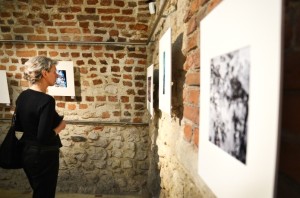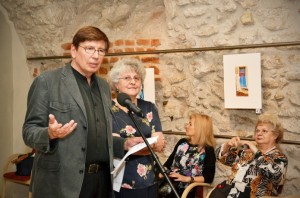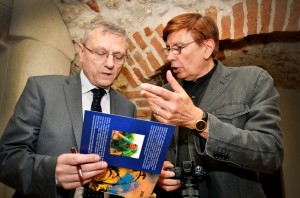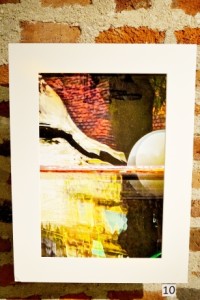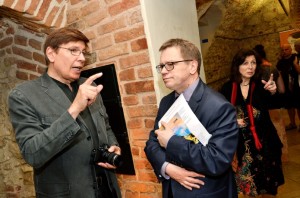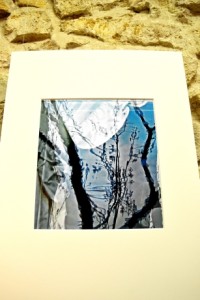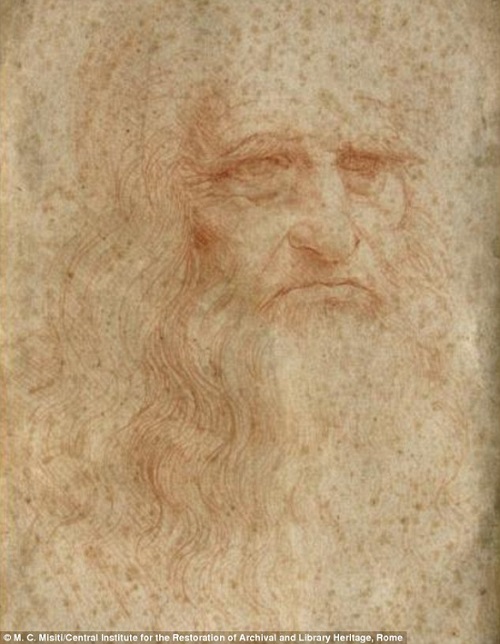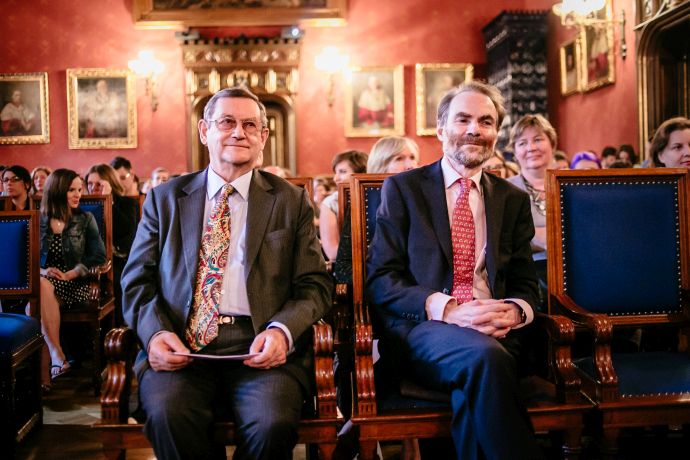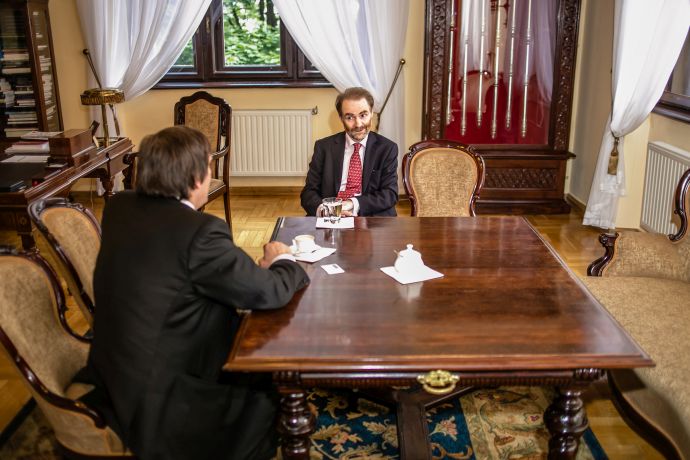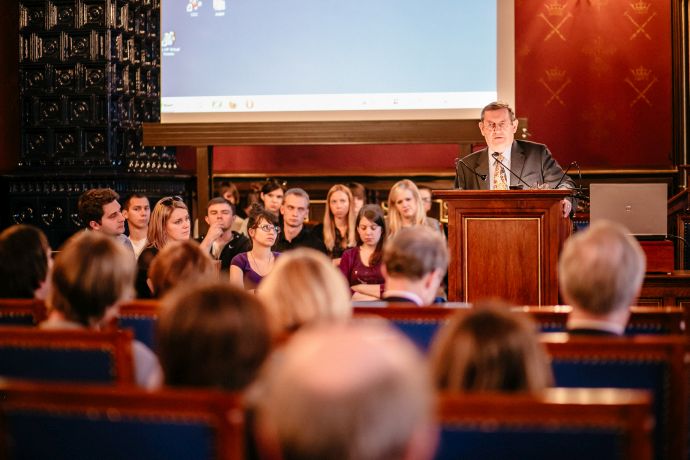The first of 12 electromagnet blocks that will become the central part of the first Polish synchrotron is due to arrive at SOLARIS building soon. Synchrotron is a unique man-made source of electromagnetic radiation known as synchrotron radiation, used for research purposes.
"We have been waiting for this crucial moment since December 2012, when the Jagiellonian University and Danfysik company at the Danish Technologisk Institute in Taastrup, located on the outskirts of Copenhagen, signed an agreement on design and production of twelve magnet blocks which will become the heart of the synchrotron," said Prof. Marek Stankiewicz, the Director of the National Synchrotron Radiation Centre SOLARIS at the Jagiellonian University.
Prof. Stankiewicz added that "the magnets are made with the use of a groundbreaking technology created in Max IV Laboratory at the University of Lund, Sweden, and made available to SOLARIS thanks to the unprecedented collaboration between the two institutions. The innovative design of the magnet resides in integrating the typical sequence of twenty-one single electromagnets in one iron block. Such a revolutionary and technologically demanding solution substantially improves the precision and stability of the structure, at the same time making it possible to considerably improve the strength and collimation of the emitted radiation, while reducing the size of the whole unit, which, in turn, lowers the costs of its creation and use."
Since the signing of the agreement, the physicists from Max IV and SOLARIS have been monitoring and correcting the production process of this integrated magnet. At the end of the previous year, Danfysik company created a prototype of a magnet to be used for control measurements. First of all, the accuracy of the yoke and poles is tested, and then the distribution of the magnetic field between the poles is checked. Besides, the experts check dozens of components, such as the cooling water circuit, the electronic temperature control circuit, coils, mechanical links, and other elements. The tests have been successful and hence the first magnet will soon be delivered to Kraków.
The remaining 11 magnet blocks are being produced. The first of them is tested in Taastrup and expected to arrive in Kraków in the first half of September. The rest of the magnets will be delivered until the end of October.
"The hardest part is still to come, as 12 seven-tone blocks, comprising 300 magnets altogether, must be placed in the synchrotron's storage ring with the accuracy of two hundredths of a millimeter. A vacuum chamber has to be put inside, where a vacuum comparable only to the one present in the outer space is to be created. Another step will consist in providing power to the electromagnets from nearly one hundred power supplies and the preparation of the electron beam control system, to finally run the electron beam through the synchrotron storage ring, precisely tuning the magnetic beam strength in all the magnets," explains Robert Nietubyć, an accelerator magnets specialist in SOLARIS team.
The synchrotron construction project is financed from the European Regional Development Fund, within the framework of the Innovative Economy Operational Programme 2007-2013.
Photos courtesy of the National Synchrotron Radiation Centre SOLARIS
